The procedure "Release for domestic consumption" is considered the most important and forms the basis of the general procedure for border clearance. As statistics indicate, most of the goods are imported precisely within its framework. Let's consider in more detail application of the customs procedure "Release for domestic consumption". 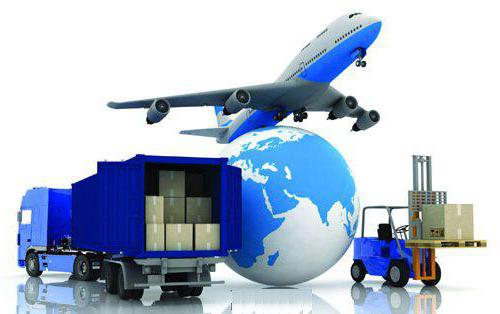
Normative base
Customs regime "Release for domestic consumption"defines the rules by which goods are imported into Russia and their subsequent presence in the country without re-export. The main regulatory acts governing the procedure are TC TC, as well as orders of the Federal Customs Service. In addition, legal regulation is carried out on the basis of the Tax Code, Federal Law No. 5003-1, as well as government regulations.
Clearance without fees
There are two options for implementing the rules. In the first case, the interested subject, making out domestic consumption release, payments for cargo does not deduct or does not receive the necessary permits confirming compliance with the restrictions provided for for foreign trade by domestic legislation. In this case, we are talking about "conditional import" with a delay / installment plan or in the absence of state duties on the accounts of the control body. Such release mode for domestic consumption has a number of distinctive features. First of all, products retain the status of foreign.
Nuances
Customs procedure for the release of domestic goodsimplemented on preferential terms, provides that humanitarian aid is exempted from import duties in full. In this case, a ban on the sale of products included in its composition. The legislation establishes restrictions on the import of objects acting as contributions to the capital of enterprises receiving foreign investment. In such a situation, it is also declared domestic product release procedure, but due to the availability of benefits, a ban on the subsequent sale of products is also established. In particular, this applies to technological equipment, for which VAT and import duties are not applicable.
Additional bans
If a output for domestic consumption framed without presenting papers on compliance with the restrictions, products cannot be transferred to third parties, including sold or disposed of in any other legal way. In some cases, the establishment of import bans may be determined by the need to check the cargo for quality and safety. In such situations, the use of products in any way is not allowed. 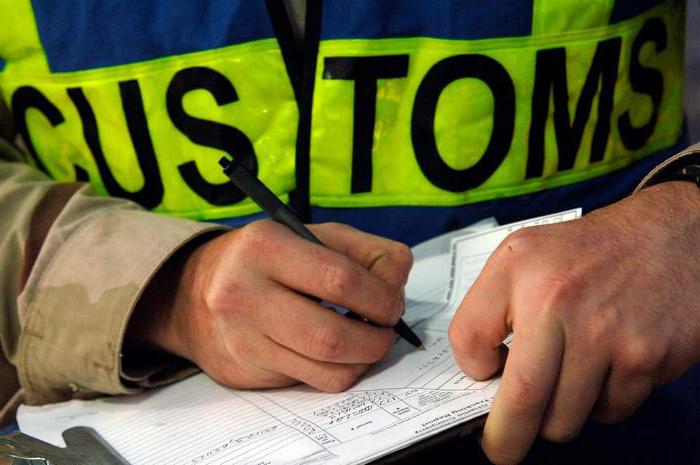
Alternative option
Regulatory acts provided output for domestic consumption with deduction of all established duties and compliance with restrictions. At the same time, products acquire, from the point of view of control bodies, domestic status. Customs release procedure for domestic consumption in the case of free circulation of products may be declared in two cases. Such clearance is allowed directly upon importation of goods. An issue may also be declared during the period when the goods are in the territory of Russia under the customs regime declared earlier. This is allowed for certain types of products:
- Foreign production imported for the purpose of reconstruction / processing, and products of their processing.
- Temporarily imported.
- Transferred to warehouses urgent storage.
Conditions
The release of goods for domestic consumption is carried out with:
- Fulfillment by the declarant of a set of requirements established in regulatory enactments.
- The deduction of all duties and taxes or the presentation of a guarantee of their repayment.
- Non-disclosure by the control body of inaccurate information on imported products.
- Elimination of violations that were not an administrative misconduct with the subsequent initiation of legal proceedings (if any).
- Not the seizure of the goods as evidence, not the seizure of it. This condition is met if there is a decision of the head of the control body when initiating administrative proceedings before its completion.
- Submission of supporting documentation on compliance with the restrictions established by domestic legislation for foreign trade and international agreements. The required papers are licenses, certificates, permits. The exception is situations when documents are presented after the release of goods.
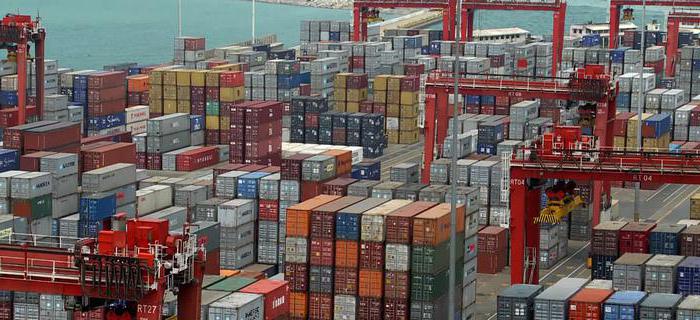
Important point
In case of detection of the goods in the process of registration / control of signs of counterfeit products output for domestic consumption should be suspended for up to 10 days. If necessary, the delay is extended for the same period if there is a representation of the copyright holder (motivated) and it requires the protection of the rights of the competent structures, in accordance with the rules defined by Russian law. In a number of cases enshrined in article 200 of the TC TC, the control body implements a conditional output for domestic consumptionby setting some restrictions on the turnover of products.
Termination of duty to pay duties
At the time of filing and registration by the control body of the declaration, each entity that submitted it must pay taxes and other amounts for products declared for release for domestic consumption. This obligation ends for products:
- Drawn up for free circulation in cases enshrined in article 80 of the Customs Code of the CU (paragraph 2).
- Declared with the application of privileges on duties and taxes, combined with the establishment of restrictions on the use and disposal of cargo.
In addition, the obligation is removed:
- After 5 years from the date of importation for free circulation, if the time for payment of import duties / taxes is not included in this period. In this case, there should be no other period of validity of restrictions on disposal / use.
- At the end of another term, if the time for payment of import duties and taxes is not included in it.
- When declaring products under the regime of refusing them in favor of the state or destroying products within 5 liters. from the moment of release, as well as during the other period of validity of the discounts.
- In the presence of circumstances determined by article 80 of the TC TC. In this case, the relevant factors must exist for five years or another period provided for the discount. Calculation is carried out from the date of the last release of goods for free circulation.
- In the case of products under re-export, if the deadline for the deduction of import duties and taxes has not approached.
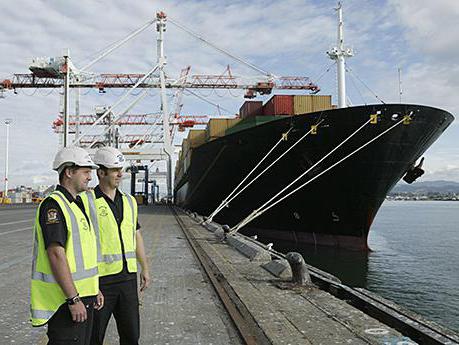
The specifics of calculating periods
The deadlines for the payment of import taxes and duties are as follows:
- For products declared for free circulation, prior to immediate release. In this case, the process of official registration should be completed.
- For goods declared for the same purpose, but with the use of benefits combined with the restriction - before the introduction of changes in the documentation indicating the refusal of exemptions. Accordingly, this condition applies to the case of the reluctance of the subject to use the opportunities provided for by the norms.
- When performing commodity operations with non-compliance with restrictions or violation of goals that determine the relevant benefits, on the day they are committed, if it is established.If the exact date is unknown, the calendar date of registration of the declaration is accepted.
Security
The guarantee of payment of established import taxes and duties may be provided in various ways. In particular, collateral may be presented in the form of:
- Pledge of products and other property.
- Cash deposited at the cash desk or non-cash transfers to the account of the control body opened in the Treasury.
- Bank guarantee. It is issued by a financial institution present in the list of the customs authority.
- Sureties.

The return of security is usually made within three days after the repayment of obligations. The return transfer of collateral is regulated by 90 articles of the Code. It should be noted that the request of the control service to provide guarantees for the payment of duties and taxes is considered a right, and not an obligation of the FCS.
Declaration
The paperwork procedure involves several stages. These include:
- Preliminary declaration.
- Registration of unlike products of one batch with a single classification code for the HS.
- Providing an incomplete declaration.
- Presentation of the periodic report.
- Release before the submission of the declaration.
- Electronic design.

Special cases
The procedure for release into free circulation is executed not only with direct import, but also during the period when the goods are within the CU, based on a previously filed declaration. In these cases, a number of features must be taken into account. First of all, the condition that products, drawn up according to the rules for release into free circulation, remains within the boundaries of the CU does not limit the right of authorized entities to their subsequent export from this territory. The considered procedure for clearance involves unhindered disposal of the cargo. Responsible persons have the right to use products, alienate them, recycle, destroy, perform any actions not prohibited by norms. Objects are deprived of their status under control under Article 360 of the TC TC. At the same time, the customs service reserves the right to verify the accuracy of the information specified in the declaration process. Such an opportunity control authorities can use within a year from the date of release of goods into circulation. 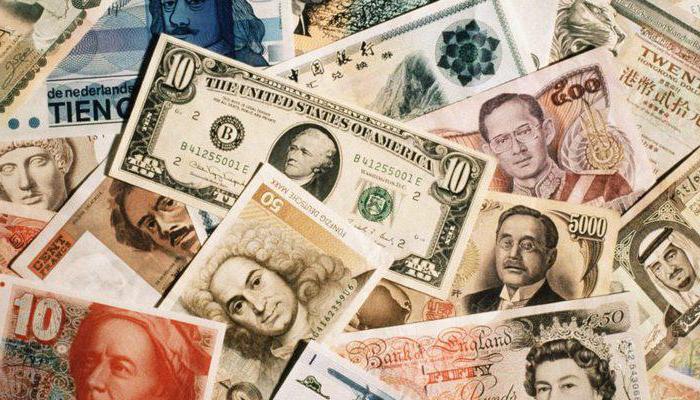
Conclusion
The essence of the procedure, providing for the release of cargo in free circulation, is that the relevant products, drawn up in accordance with the rules established by regulatory acts in the field of customs, enter the circulation within the Customs Union. At the same time, they are included in the same category as products manufactured by local enterprises. After the expiration of the 12-month period provided for the customs service to verify the accuracy of the information provided during the registration process, border control shall cease for these products. However, the legislation does not provide for the possibility of restoring such supervision. The exception is only those cases when products that were released for free circulation (domestic needs) fall under a different customs procedure.